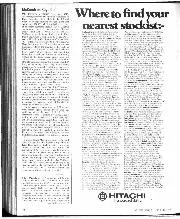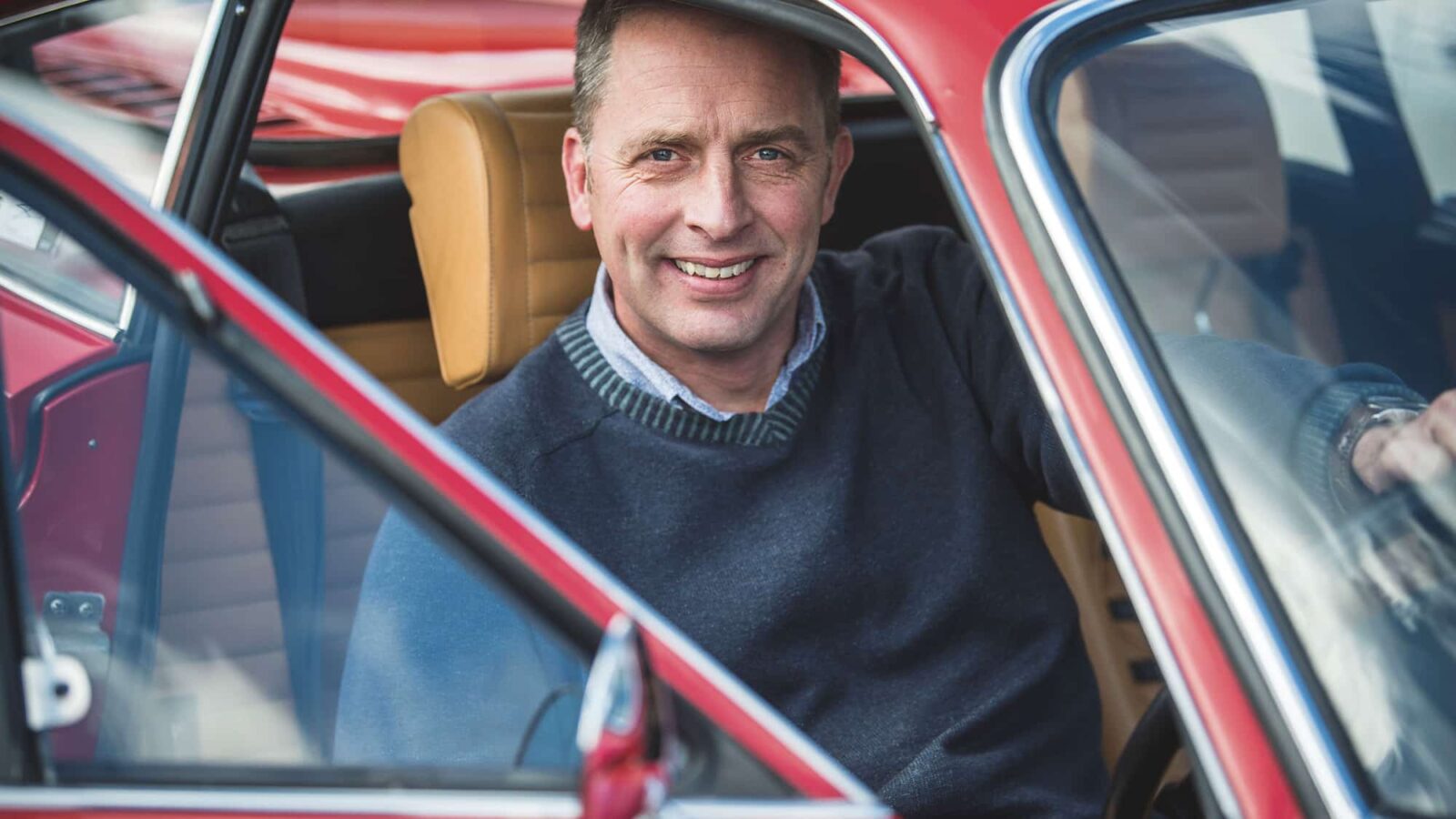
McComb on Kaye Don
Mr. Wilson McCOMB'S letter (page 1579, last month) about the prison sentence imposed on Kaye Don after his accident in the K3 MG Magnette during unofficial practice in the loM before…

Michael Lewis’ 1989 book Liar’s Poker introduced the concept of the ‘Big Swinging Dick’, a term used to refer to the alpha-male behaviour in Wall Street.
We have little opportunity to emulate this sort of thing in the classic car world unless you include the sort of American- centred bidding that is designed to set a new world record rather than to reflect the actual worth of a vehicle. And even this, we would argue, is the preserve of the sort of chap about whom the third word is the more applicable of the three.
And yet, there is a means with which those wanting to sell their classic car can express their confidence in their ability to read the market. I refer to the no-reserve auction. Also known as an absolute auction, it is the purest form of selling because the final price generated (assuming the sort of widespread advertising and in-depth presentation we carry out) reflects the car’s true market value.
But why forsake the comfort of a reserve? Well, self-interest, mainly because our findings are that cars offered with no reserve do better on average than those offered with a reserve. If you look back at auction results, spectacular prices are disproportionately likely to have come from a no-reserve offer. The lure of a potential bargain appeals to human nature and encourages passing interest to look more deeply into a lot’s particulars, and if even only one of these people is converted into a serious bidder, the auction is automatically more successful.
The best example we have was a yellow BMW M Roadster we listed a while ago. Offered with an apparently sensible reserve, its colour seemed to deter potential bidders more than we anticipated and it finished the auction having had no physical viewings, little interest online and just two bids, the highest of which was only £10,000 and the vendor rightly rejected a derisory post-sale offer of £12,000.
Circumstances changed and he reconsigned it to us a few months later. It was now autumn but, importantly, he asked us to offer it with no reserve. This time we had many viewings and vibrant bidding, resulting in a hammer price of £14,250.
While we accept that the plural of anecdote is not data, more formal studies support this theory. One interesting one from 2007 looked at the effect of a reserve price when selling Pokémon cards on eBay. The findings showed that “secret reserve prices make us worse off as sellers, by reducing the probability of the auction resulting in a sale, deterring serious bidders from entering the auction and lowering the expected transaction price of the auction”.
The key to any successful auction is to tempt bidders in, and part of this is to acknowledge that buying any used car is potentially risky for the bidder thanks to the asymmetric distribution of knowledge and information. The seller holds those cards and while there is little anyone can do to remedy that – although publishing a comprehensive third-party description as we do does help – independent research shows that reputation is crucial in helping the potential bidder redress the balance of power. Sometimes even that is not enough. And it is here that the car offered with no reserve can often tip the balance from passing interest into actually submitting a bid. Of course, it is easy for us to tell you that offering your pride and joy without the safety net of a reserve price takes balls.
But that’s kind of the point, isn’t it?